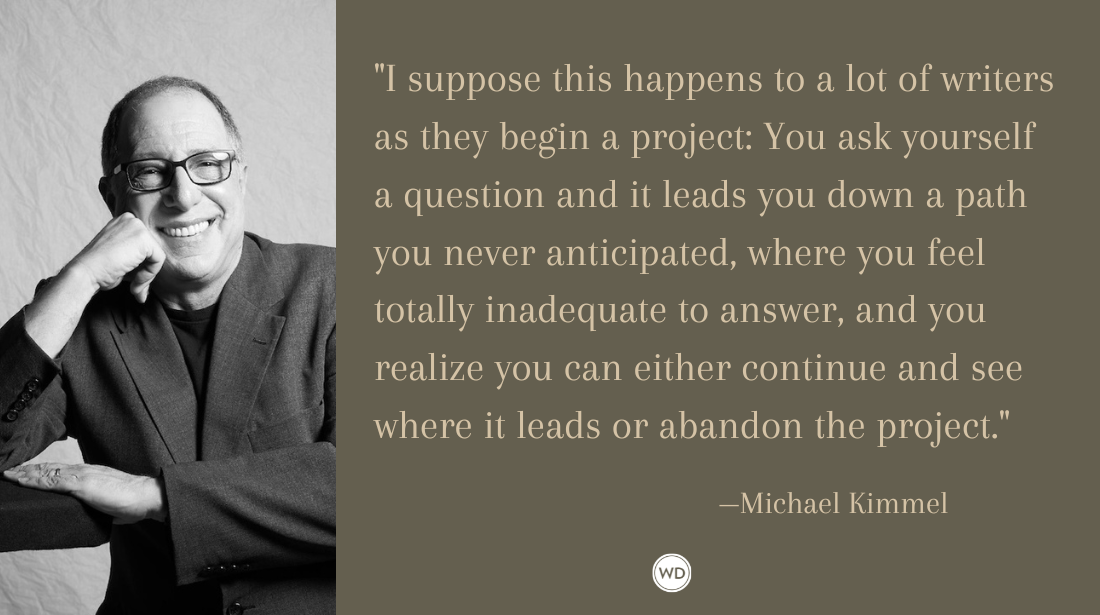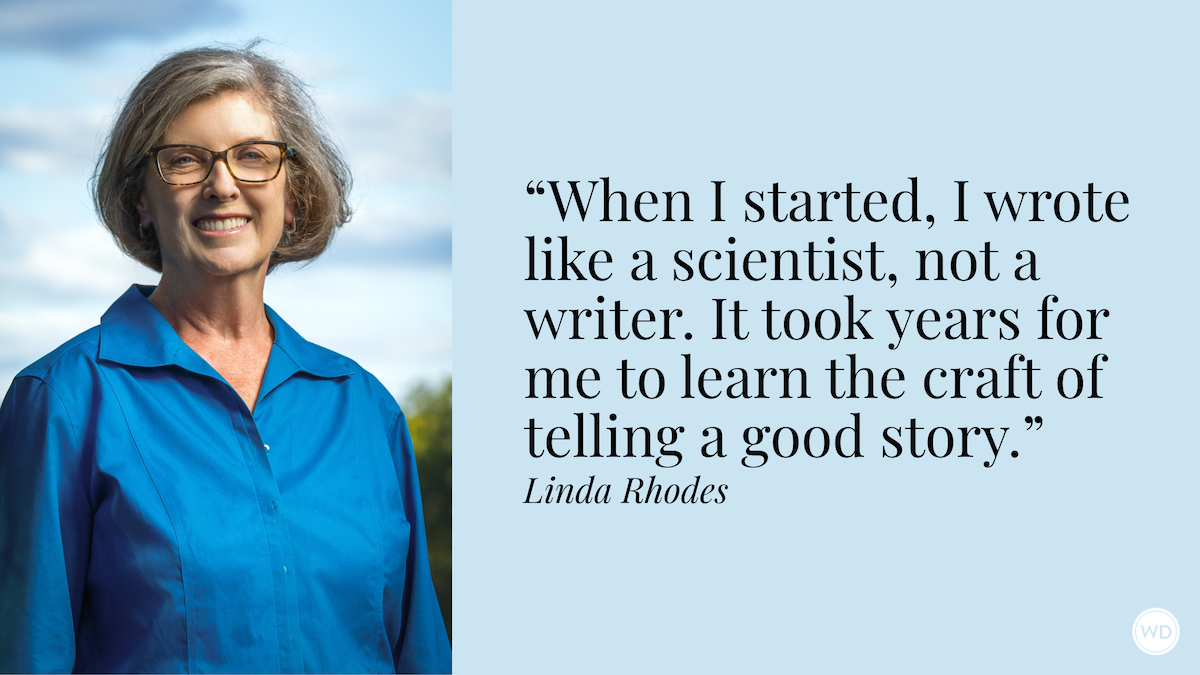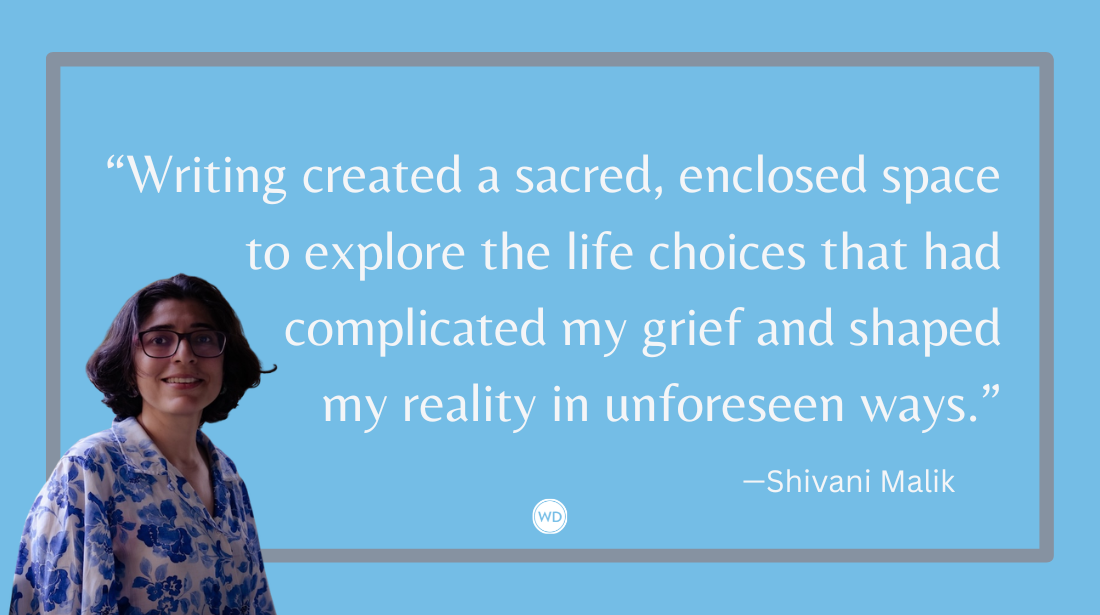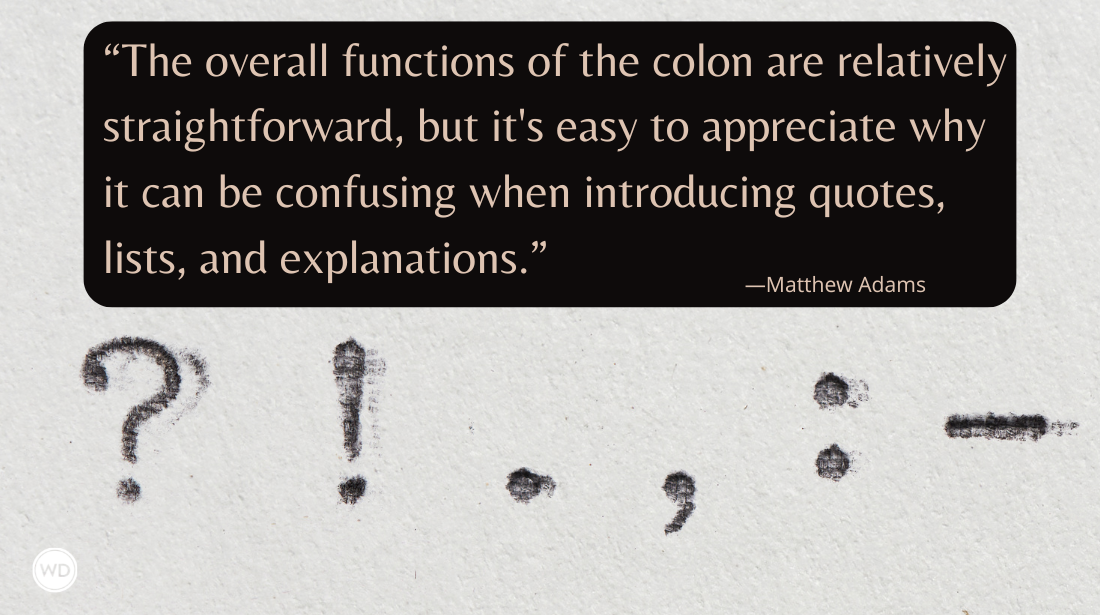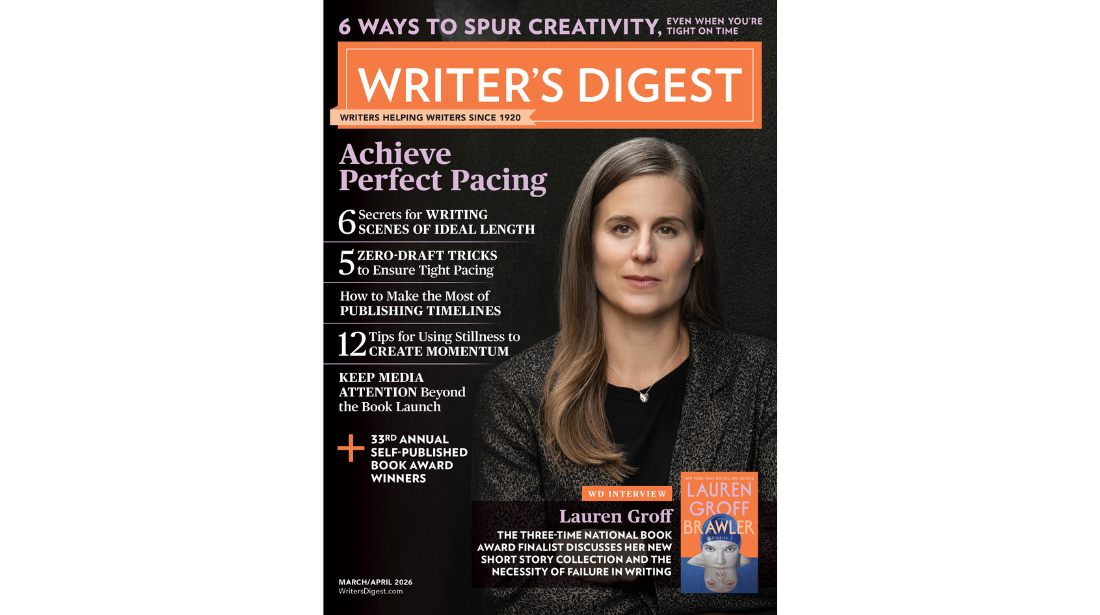How to Write About Unfamiliar Topics With Authority!
Freelancer Chris Saunders breaks down how to write about previously unfamiliar topics with authority by using journalistic tools.
Three years ago I switched from a career in sports writing to the trade press. The transition wasn't difficult, but did present a range of challenges I wasn't prepared for. My new employer was a medium-sized consultancy with several departments working in tandem with each other to produce white papers, sell data and research, and organize trade shows and exhibitions. It also had a digital magazine department which is where I was seconded meaning I rubbed shoulders not only with editorial types, but also data analysts, conference producers, salespeople, and marketing executives.
As the consultancy is primarily involved in the plastics industry, the digital magazines covered things like company acquisitions, personnel changes, technological developments, new applications, legislation, scientific breakthroughs, etc. This is all very niche, probably of interest only to people directly involved in the plastics industry. But there are a lot of them. According to recent a report from the Plastics Industry association, over a million people work in the sector in the United States alone.
As a journalist, you master certain skills and carry them with you as they form the building bocks of your career. These skills might involve basic computer literacy, research methods, interview techniques, etc. Plus, I had over two decades of publishing experience to call upon. However, none of this changed the fact that I had never worked in plastics before, so in my new role I quite often had very little idea of what I was writing about.
The thing is, it doesn't matter. This is the 21st century. We have the internet, the best resource known to man, at our fingertips. You can pick up an assignment about the most obscure topic in the world, and be a virtual expert in three hours. A journalist is simply a conduit. You don't have to know every little detail about some obscure area of business. You just have to find people that do. Then you simply find a common theme, often tied to some new development to make the piece more newsworthy, and then write it up to the accepted house style. If you can, try to include at least one original quote, which adds legitimacy. Of course, most interview subjects regurgitate the same information to every media outlet that asks them, in which case it becomes more about how you frame it.
My first assignment proper was to write a 2,500-word feature on plastic compounds in EVs. I didn't even know what an EV was (for the record, it stands for 'electric vehicle') so you can probably imagine how overwhelming it was. But after a while I started seeing my lack of industry knowledge as an advantage. One of the most difficult things to do in any form of writing is to make difficult concepts easily digestible. Approaching the topic from a layman's perspective means you do this subconsciously, for your own benefit. One thing to avoid is using specialized words or phrases. Instead of showing off the depth of your knowledge and appealing to industry types this often has an alienating effect, especially if English is not the reader's first language (as an international publication, only around 40% of our readership are native English speakers).
A prime concern for me, as with most writers, is word count. There is more flexibility elsewhere, but every feature I write for the magazine needs to be in the 2,000-2,500 words range because that has been determined the optimal length and works best for the advertising department, who may have sold ad space to 3D manufacturing companies knowing we had planned to run a feature about it.
After several years in the job, I have now devised a system. In the first instance, I write up a list of relevant companies or individuals (which can be filed away for later reference) and send them a media enquiry outlining my intentions for the article and asking if they would like to contribute. Some companies send you the perfect package; a well-written, original 300-word submission with a couple of good supplementary images. Others may need more direction or instruction, and a large percentage of the article might be scraped together from news articles, press releases, and the odd second-hand quote. Some companies and PR departments like to send you completely irrelevant material hoping you'll be able to slip it in somewhere. Or they will submit dated information you have already covered elsewhere.
At the final count, I might find myself with 6,000 words-plus of material, which I then have to deconstruct and decide what to cut and what to keep. On the flip side, other times I don't have enough material, and the feature might finish a few hundred words short. In those situations I need to get creative and bulk things out. You can wax lyrical a little, drop in some statistics, make some comparisons, or even references older stories.
At any given time, I am usually working on several different features at various stages of development. One might be almost ready to submit (always before deadline!), another might be at the polishing or self-editing stage, while I might be researching one or two others. Don't forget that just as in the consumer press, some features are time sensitive and designed to coincide with certain events penciled into the international calendar.
The arrangement the magazine I work for has with the majority of companies it deals with can be best described as mutually beneficial. We need material, and they need publicity. The same companies we write about take out advertising in the magazines, and are also active across other departments. That said, something drummed into me early on was the importance of impartiality. For that reason, we never allow outside influences, like the possibility of upsetting an advertiser by painting them in a negative light, to affect us. News is news, after all.
Chris Saunders, who writes fiction as C.M. Saunders, is a writer and editor from New Tredegar, Wales. After teaching English in China for several years he worked extensively in the publishing industry, holding desk jobs ranging from staff writer to associate editor, and is currently employed at a trade publication. His fiction has appeared in numerous magazines, ezines and anthologies around the world including The Literary Hatchet, Crimson Streets, 34 Orchard, Phantasomagoria, Burnt Fur, and DOA volumes I and III, while his books have been both traditionally and independently published. His latest release is the horror western Silent Mine on Undertaker Books.




